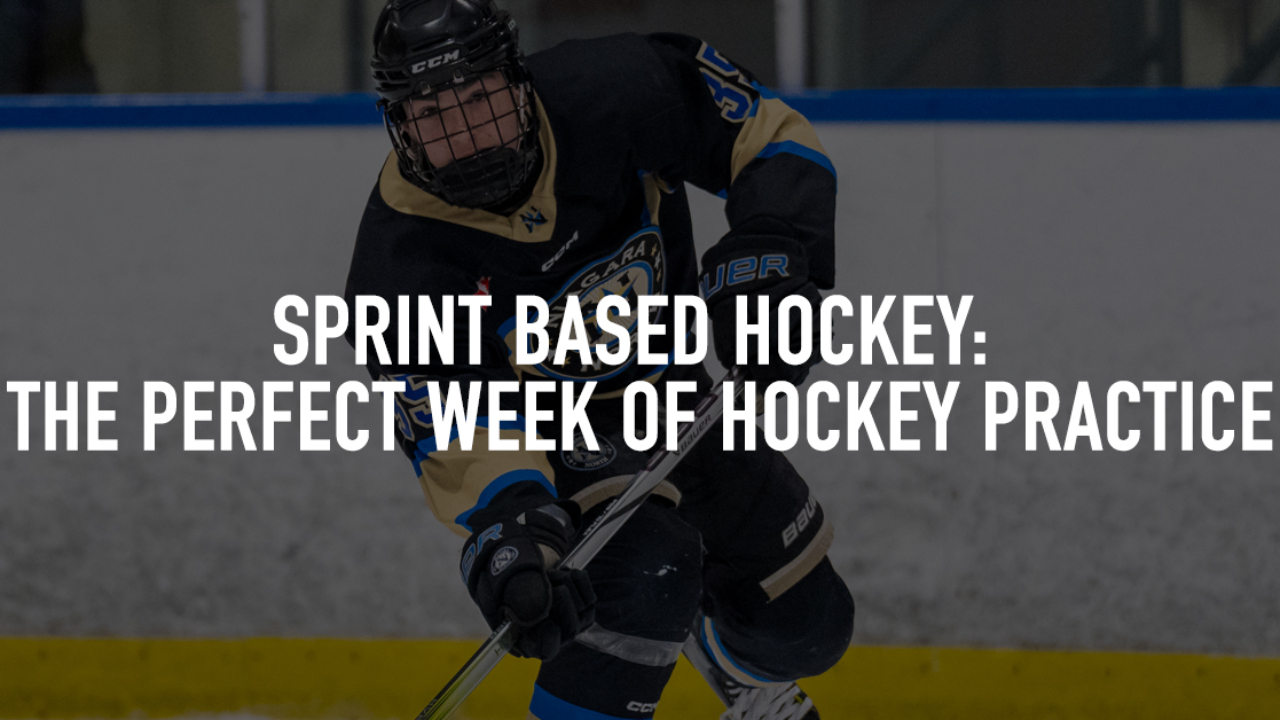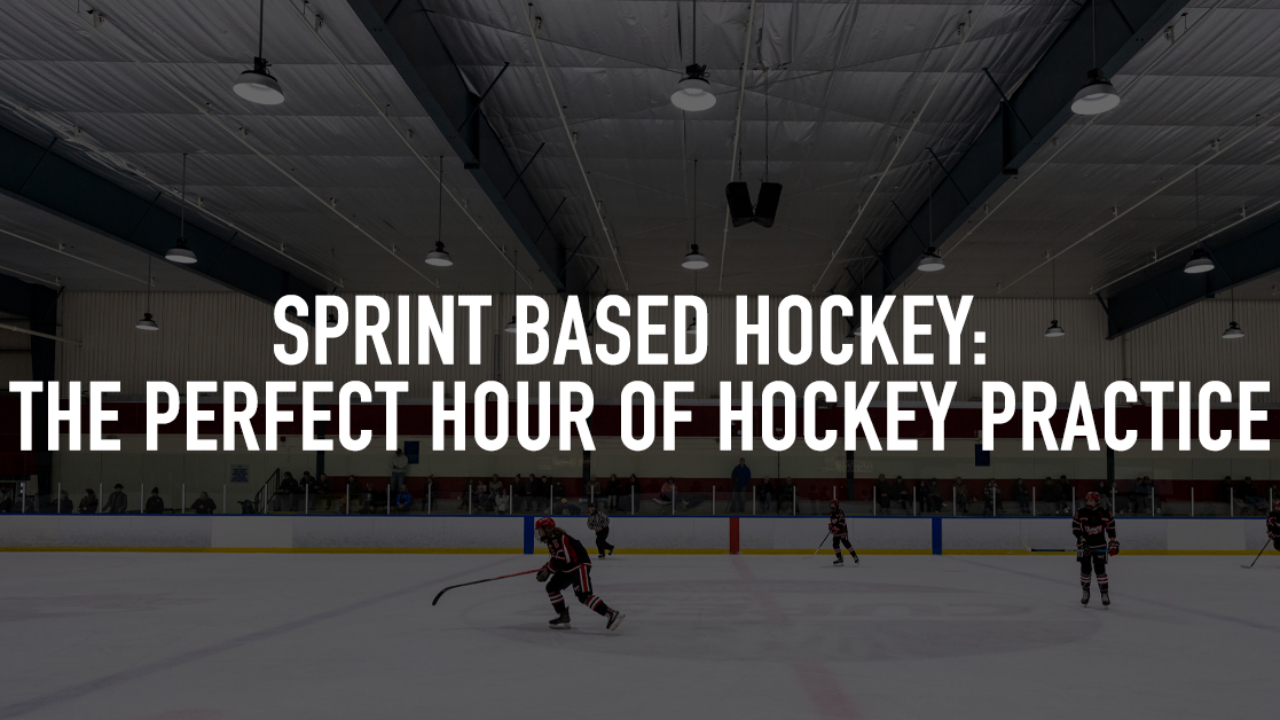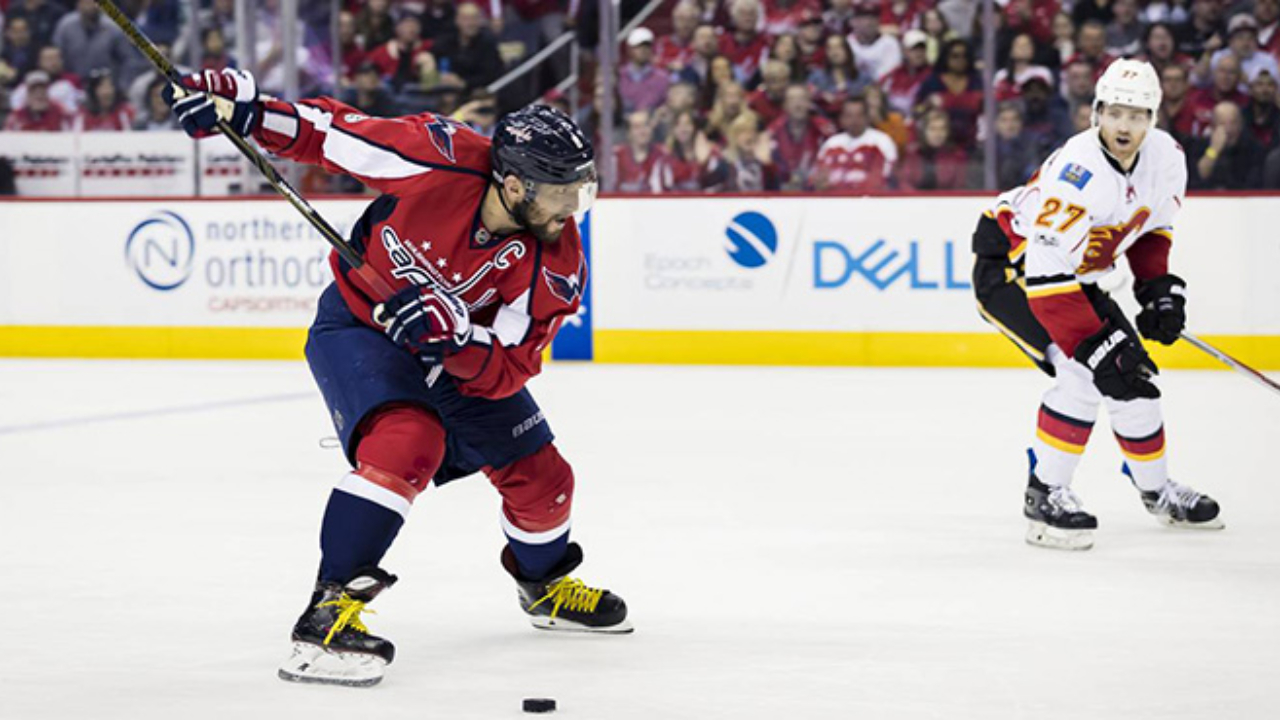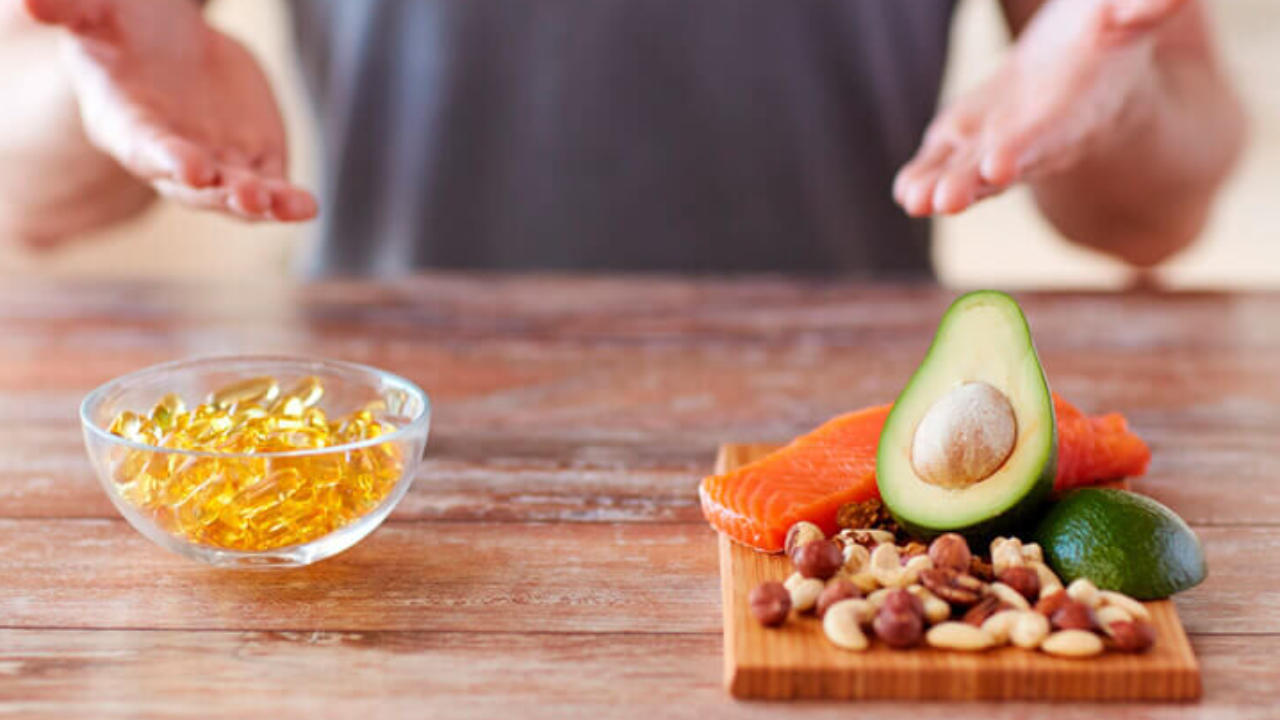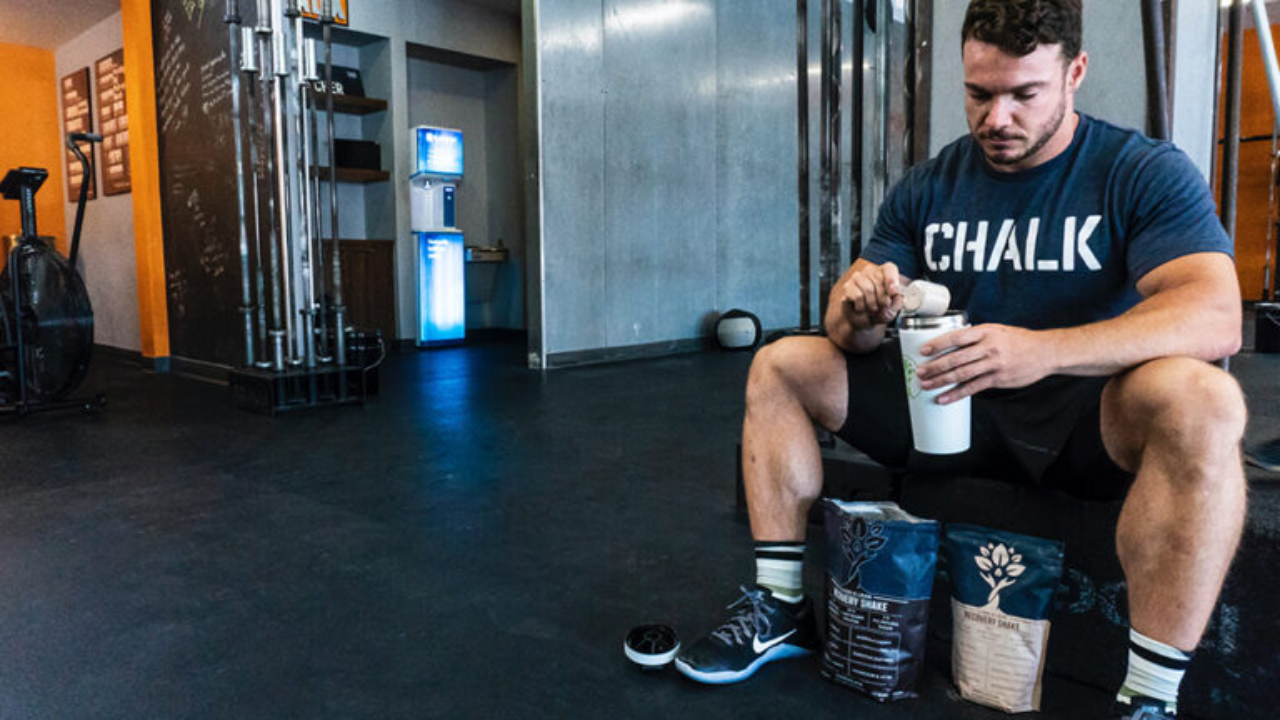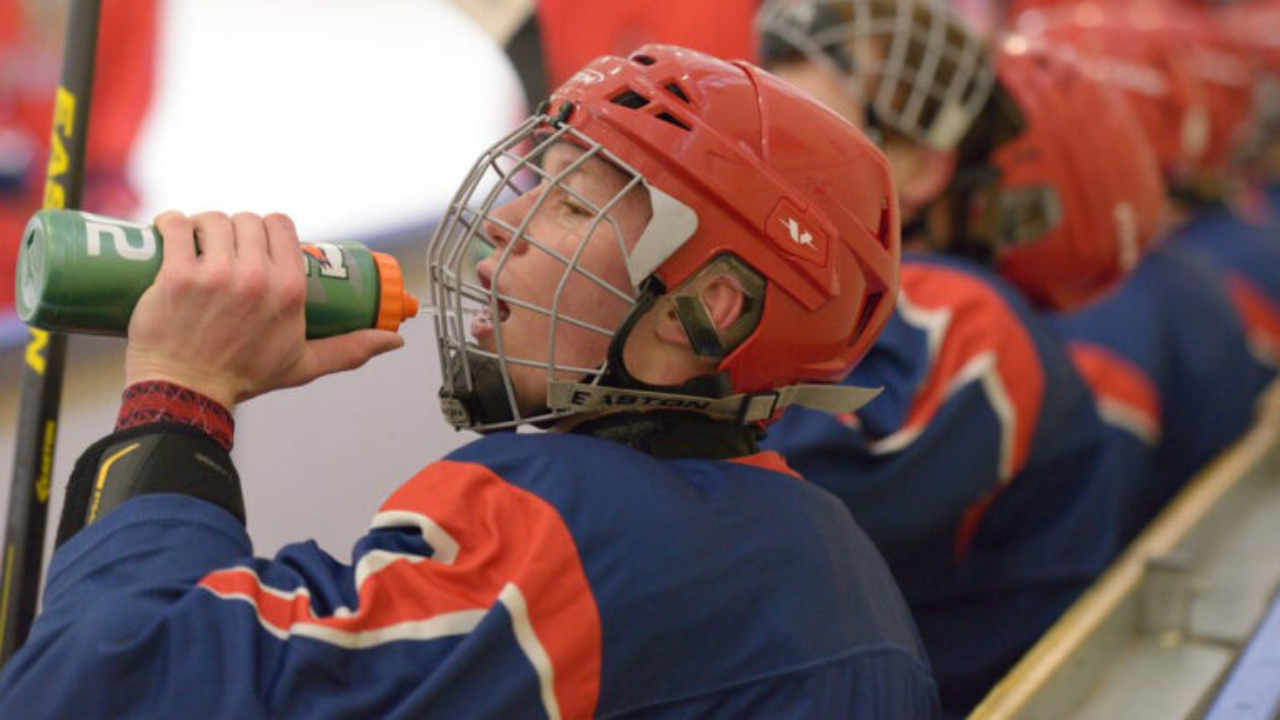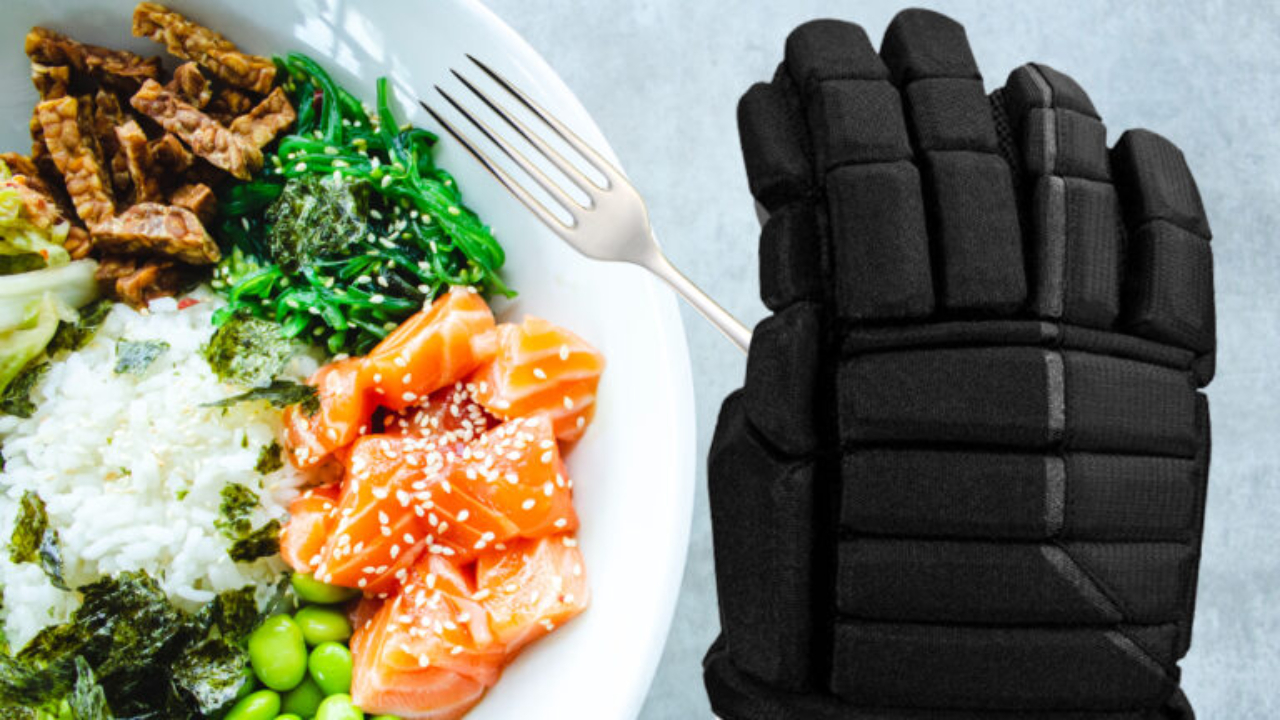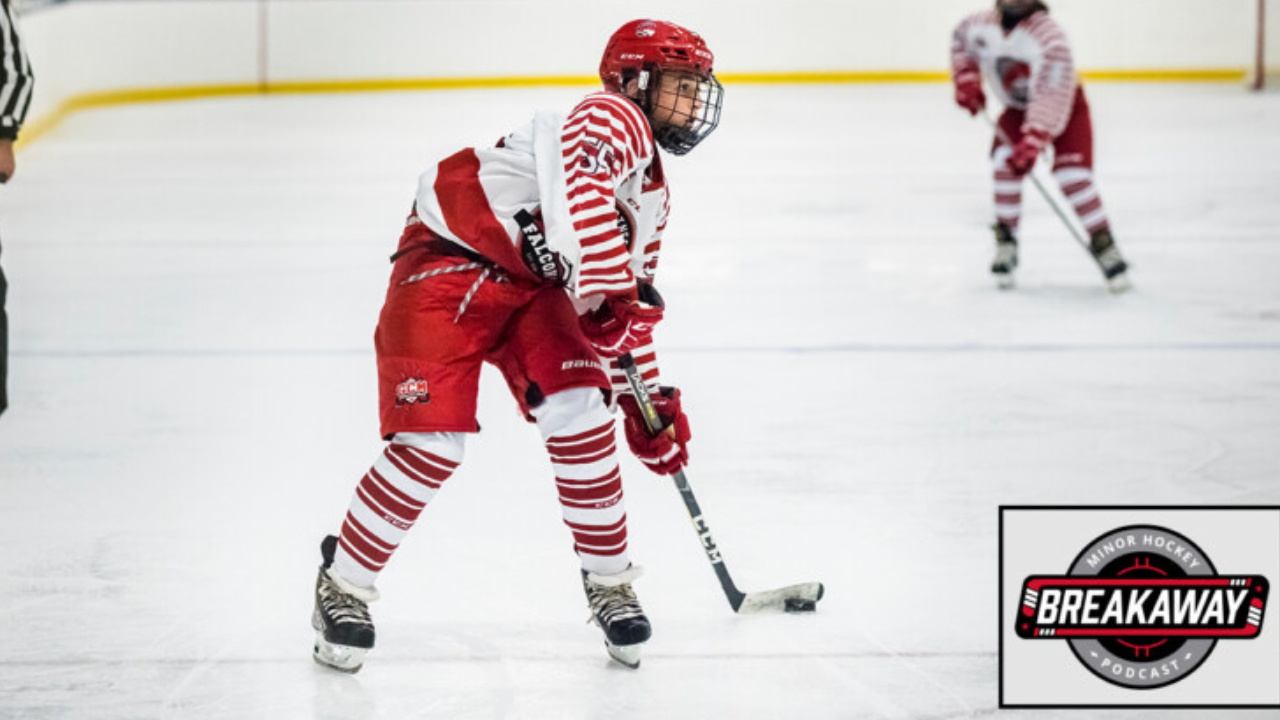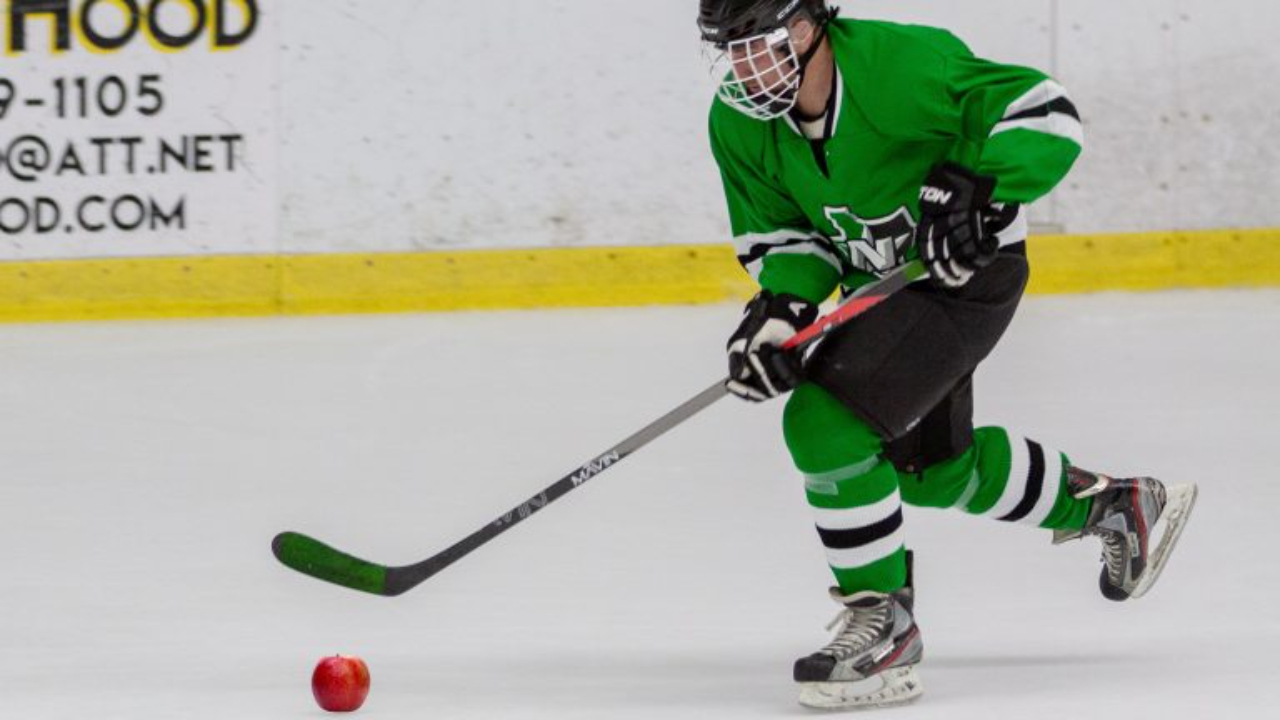
The meal a player eats 24 hours before a game is an important one because it takes approximately 24 hours for the food to be digested and used as a source of energy for muscle contractions during a game.
Nutrition is an important element of game preparation. Although most players, parents, and coaches understand that a pre-game meal is necessary, it is lesser known that the meal eaten 24 hours before a game is crucial. This is because it takes approximately 24 hours for the food eaten to be digested and absorbed into the muscles to be used as energy during the game.
This story is one from our six-part series on the importance of nutrition and hydration.
24 hour pre-game meal
The meal a player eats 24 hours before a game is an important one because it takes approximately 24 hours for the food to be digested and used as a source of energy for muscle contractions during a game. Therefore, dietary preparation for a game should start 24 hours before the game is played.
Food choices for the 24 hour pre-game meal
This 24 hour pre-game meal must consist of carbohydrates (Table A), protein (Table B), and fluid (white or chocolate milk, water, sports drink, tea, etc). Although all nutrients are important, it is the carbohydrates that are most important in terms of providing energy for the player during a game. A hockey player does not have to “carbo load” in the 24 hour pre-game meal. It is good to have a mix of carbohydrates, protein, fat (this is the fat that is naturally in some foods we eat), and fluid.
Table A – Quality Carbohydrates
- Rice – Trail Mix – Low salt crackers
- Pasta – Whole grain cereal – Squash
- Veggies [raw or steamed] – Fruit Smoothie – Oatmeal
- Fresh fruit or unthawed frozen fruit – Bagels – Quinoa
- Potatoes – mashed or baked – Yogurt – Salad
- Sweet potatoes – Pancakes/Waffles from mix – Soy Milk
- Whole wheat bread – Pretzels – Corn bread
- Low fat white/chocolate milk – Sports Drink – English Muffin
- Sports/Granola Bar – Whole wheat Toast – Pita or Tortilla
Table B – Quality Protein
- Fish – Pork – Turkey – Beans – Tofu
- Chicken – Dairy – low fat white or chocolate milk – Eggs – Tuna
- Beef – Low fat cheese – Nuts
- Yogurt – Peanut Butter (low salt/sugar)
The food plate reference below is a good way to understand how much of each nutrient to eat for the 24 hour pre-game meal.
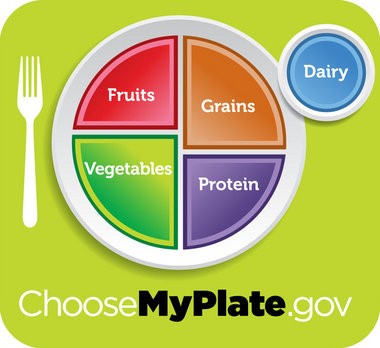
Food Plate for Carbohydrates and Protein:
3/4 of the plate is carbohydrate, 1/4 is protein, and a side of dairy (glass of milk).
Source: USDA / ChooseMyPlate.gov
Carbohydrate is a master fuel
Carbohydrate being a master fuel is especially true in anaerobic sports like hockey. In practical terms, an anaerobic sport means an athlete works hard for a short period of time, is breathing hard, the muscles produce waste products, and then the player recovers (sitting on the bench between shifts) where the player catches his or her breath and some waste products are cleared from the muscles. Carbohydrates are used predominantly as fuel for energy to produce muscle contractions during a shift in hockey. Fat is also used to produce energy for muscles, but to a lesser extent during high intensity sport.
After carbohydrates are eaten and digested, they are stored in the muscles and liver in the form of glycogen (a physiological term for carbohydrate). There is also carbohydrate flowing in the blood, which is called blood glucose (this is a physiological term for carbohydrates in the blood) or blood sugar.
When the body starts playing an anaerobic sport, the body adjusts and increases the amount of carbohydrates supplied to the muscles to produce contractions for skating, shooting, passing, etc. The carbohydrates come from the muscles and liver. And the blood sugar is important because it helps with muscle contraction and is the only fuel the brain can use for energy. The body is always using a combination of carbohydrates and fat to produce energy for muscles, internal organs, and other body functions. At rest, the body uses approximately 50/50 of carbohydrate and fat for energy. There is a very small amount of protein used as energy.
Therefore, the meal eaten 24 hours before a game is important because it is that food that will provide energy for the muscles and the brain. It is well-known that carbohydrates, compared to protein and fat, are efficiently broken down and used for energy for the muscles.
Meal timing is important
The timing of the “24 hour pre-game meal” is important. Although every athlete’s digestive system is different, it is critical to focus attention on proper nutrition in the 24 hour window of eating, digestion, and storage of carbohydrates.
For this reason, it is important for the athlete and/or his or her parents (if the player is young and the parents are preparing the meals) to focus attention of getting proper nutrition to enhance performance. Optimal nutrition includes the foods described above, but it is also important for the athlete to eat food he/she likes and can tolerate without gastrointestinal distress, bloating, sleep disturbances, or producing a lot of flatulence.
Repeated games in a tournament or back-to-back games
It may not be possible to be eat exactly 24 hours before a game if teams are playing in a tournament where they have two games in one day. In this case, the “nutritional game-plan” is to always be ready with good food and snacks. An example is the Mac’s Midget (U18) hockey tournament in Calgary, Alberta, that is played every year right after Christmas. Sometimes a team will play two games in one day. For instance, if the first game is at 9:00 am on a Thursday, then the 24 hour pre-game meal should be eaten at 9:00 am Wednesday morning. This means the 24 hour pre-game meal would be breakfast where the player can eat foods such as: yogurt (carbs and protein), toast, bagels, peanut butter, cheese, eggs, bacon, ham, sausages, orange juice, breakfast bars, oatmeal, fresh or frozen fruit, a smoothy, milk, etc. If the second game on Thursday is at 5:00 pm, then a 24 hour pre-game meal should be eaten at 5:00 pm on Wednesday. If a game coincides with a 24 hour pre-game meal, then it is best to have a high carbohydrate snack and drink right after the game in order to get carbohydrates into the body as soon as possible. It is also important to eat a meal as soon as possible after the game.
And, if a team is playing two games in two days, it is the same situation and is relatively easy to do. This kind of game schedule is typical of many pro, junior, college, and university leagues/conferences where teams will play a home-and-home series or back-to-back games. It depends when the games are played, but as example, if the games are in the evening at around 7:00 pm, then the first 24 hour pre-game meal would be eaten at 7:00 pm the night before. The second 24 hour pre-game meal would be eaten immediately after the first game. This “meal” should start with a snack (energy bar, bananas, fruit, bagels, etc.) or drink (sports drink or chocolate milk are very good choices) right after the game ends followed by a meal when the visiting team gets back to their hotel or when the home team gets to their homes or to a restaurant for a team meal.

